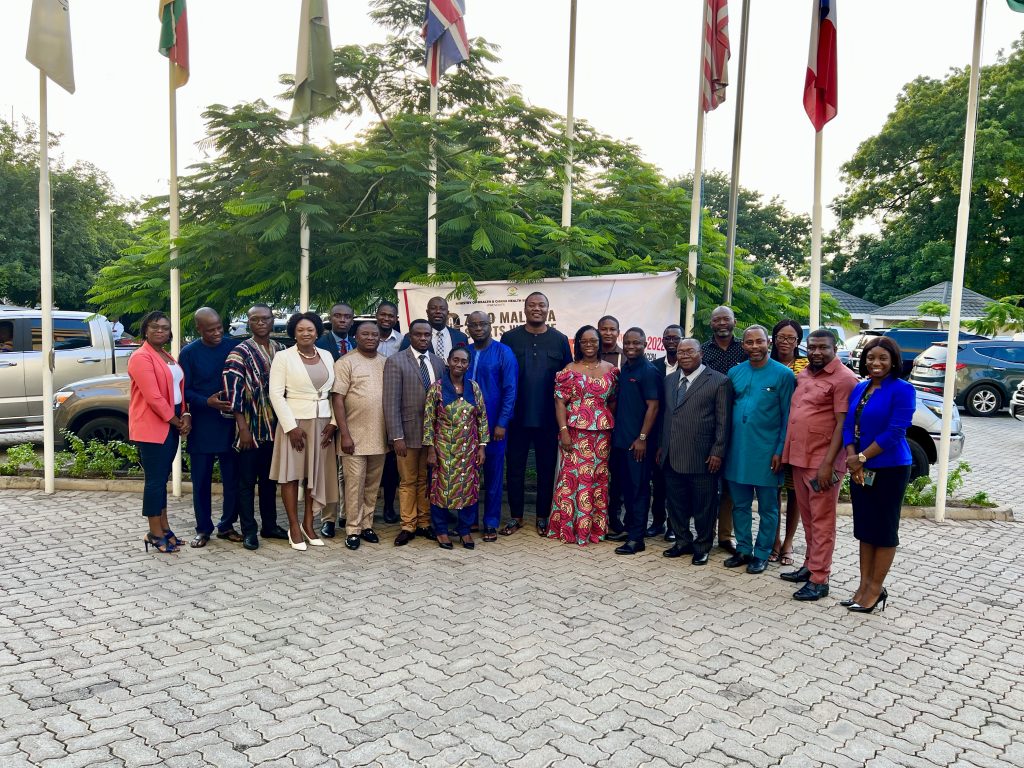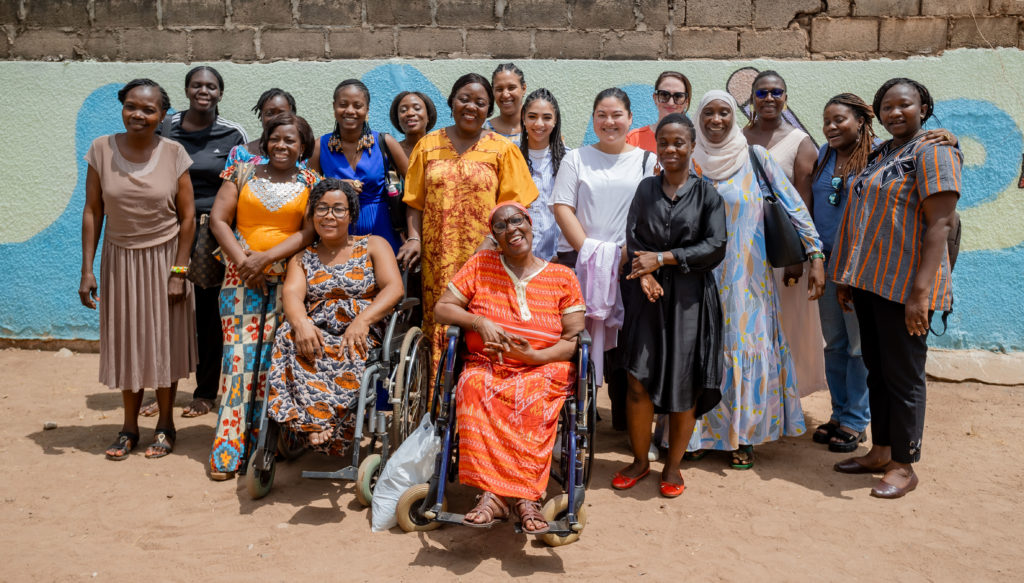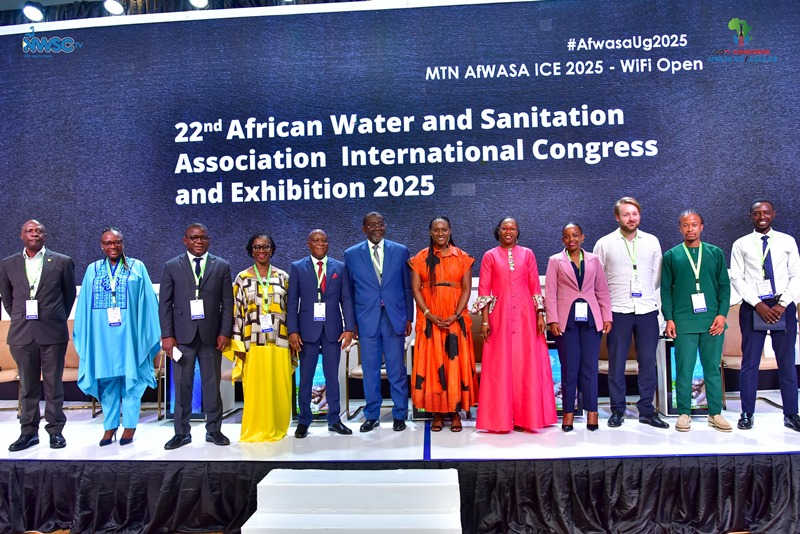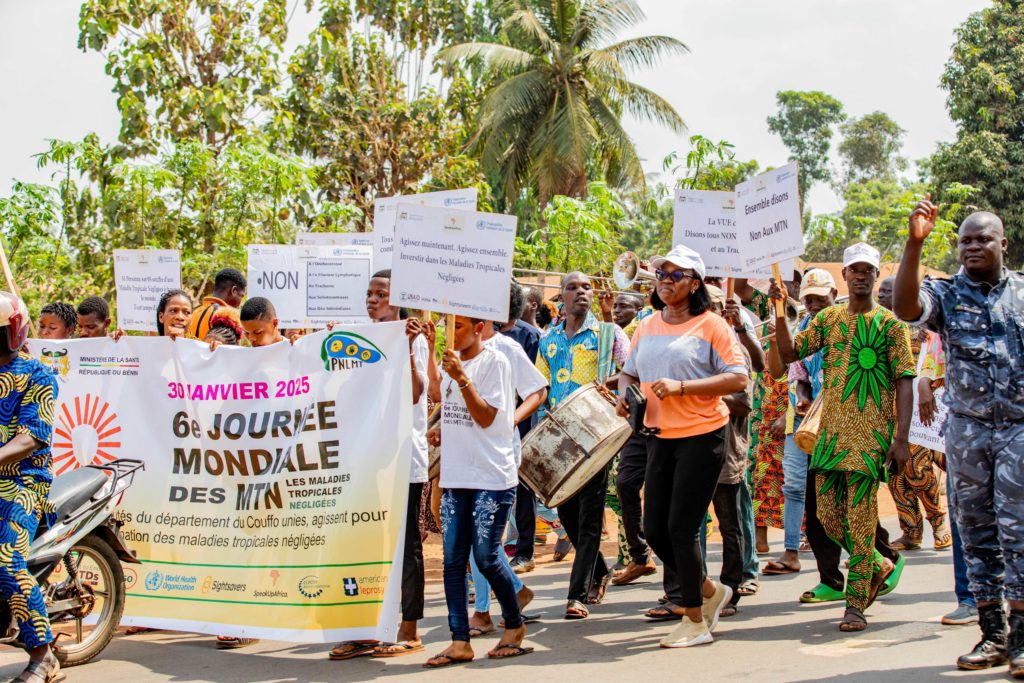Ghana Launches Cross-Parliamentary Caucus on Malaria to Accelerate Elimination Efforts

Ghana is making incredible strides in its fight to eliminate malaria by launching the Parliamentary Caucus on Malaria. The caucus, comprising members of parliament from both the majority and opposition, seeks to strengthen collaboration and advocacy in support of national malaria elimination priorities. The platform will collaborate with the Ministry of Health to ensure more strategic use of data to deploy tools for maximum impact and ensure alignment of partners and engagement of sectors beyond health.
The launch of the parliamentary caucus in July builds on Ghana’s 2019 launch of the Zero Malaria Starts With Me campaign, which calls on everyone from village leaders to musicians, mayors, CEOs, journalists, artists and celebrities, Presidents and Parliamentarians to make a personal commitment to step up the fight against the disease.
Malaria remains a significant public health concern in Ghana despite recent progress in control and prevention interventions. In 2021, there were 5 million malaria cases including at least 390,000 hospital admissions due to malaria.
However, Ghana is stepping up the fight against malaria. The National Malaria Control Program (NMCP) recently launched its National Strategic Plan (2021-2025), which aims to reduce malaria mortality by 90 percent and malaria case incidence by 50 percent, by 2025. In support of the NMCP, the new cross-parliamentary caucus supports the country’s malaria elimination efforts based on the one health approach framework. The framework acknowledges shared interests, sets common goals, and drives toward teamwork to benefit the overall health of a nation.
The malaria fight is one that must be done by all at all levels, the government, donor agencies, health service workers, dedicated partners, civil society organizations, traditional and community leaders and communities. As a service, we will continue to work with stakeholders and partners to carry out advocacy for increased mobilization of domestic and external funding and provide guidance regarding appropriate malaria control policies and interventions.
Dr. Patrick Kuma-Aboagye, the Director-General of the Ghana Health Service
Speaking during the inauguration of the caucus, Dr. Nana Ayew Afriyie, the Chair of the Parliamentary Select Committee on Health, said, “There is an urgent need for strong ownership, leadership and translation of political commitment into tangible actions toward malaria elimination and we have shown keen interest and established commitment to this caurse.”
As part of the commitment to tangible actions, funding was also approved for indoor residual spraying – a key tool for controlling and eliminating malaria by targeting vectors – in two of the eighteen earmarked districts.
In his concluding remarks, Bernard Okoe Boye, the Deputy Minister of Health, recognized the importance of Ghana’s malaria response being country-led and country-owned as a critical pillar to reducing the malaria burden. He noted that Ghana could also move from recording over five million confirmed malaria cases annually to zero cases with improved investment and preventive efforts.
It is critical that we sustain ending malaria as a national priority, increase domestic resources, and mainstream responsibility for malaria across all sectors and at all levels. The Ghana Health Service and Malaria Program stand ready to assist in putting necessary strategies in place to ensure effective advocacy that will lead to a great impact in the fight against this disease and towards the overall goal.
The Deputy Minister of Healthalsosaid
About the Zero Malaria Starts With Me Movement
Zero Malaria Starts with Me is a pan-African campaign that mobilizes and empowers communities to take ownership over the fight to end malaria. It aims to drive action from political, private sector and community leaders to accelerate malaria prevention and treatment and save lives. To date, 24 countries have launched the “Zero Malaria Starts with Me” campaign, with more preparing to join.


